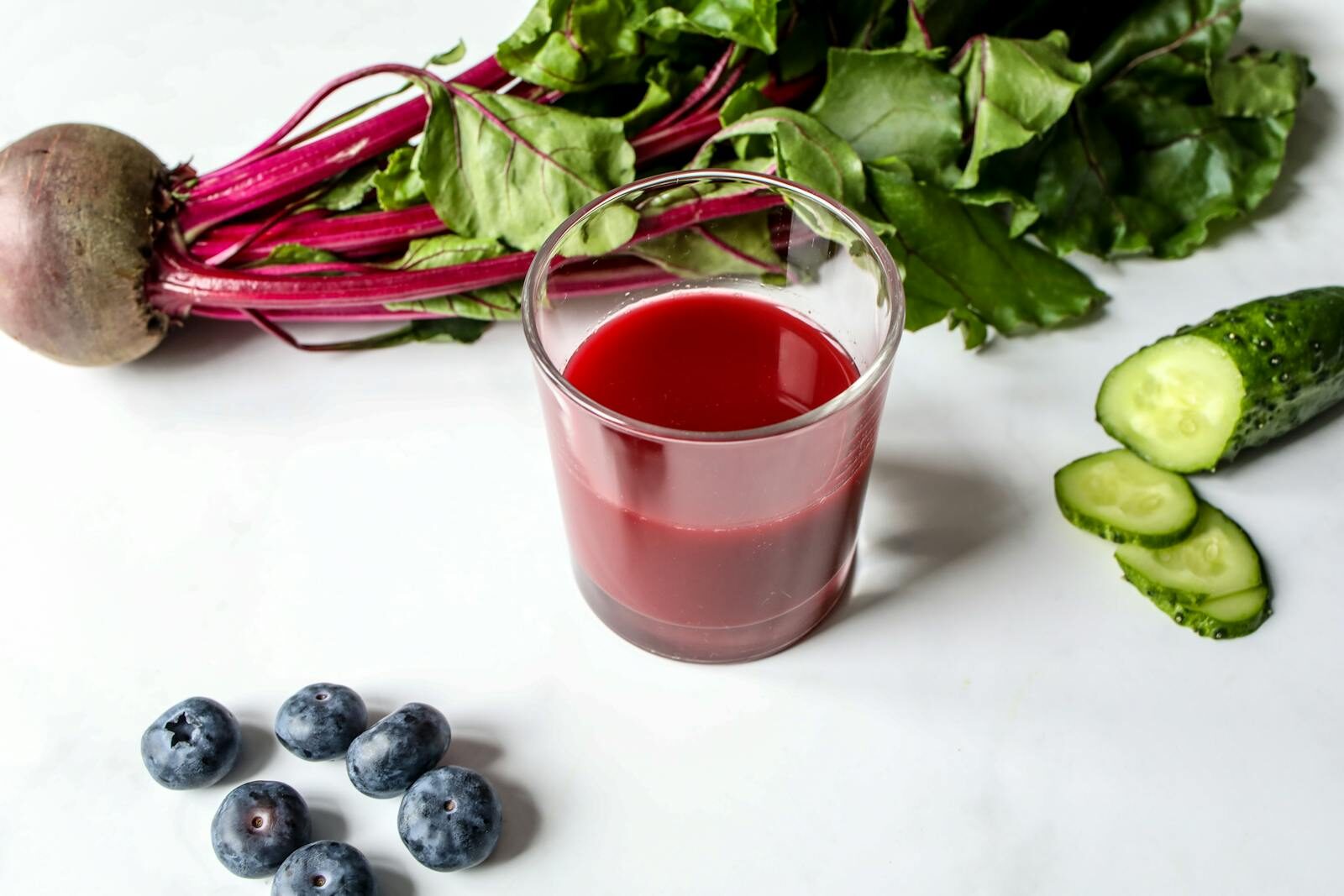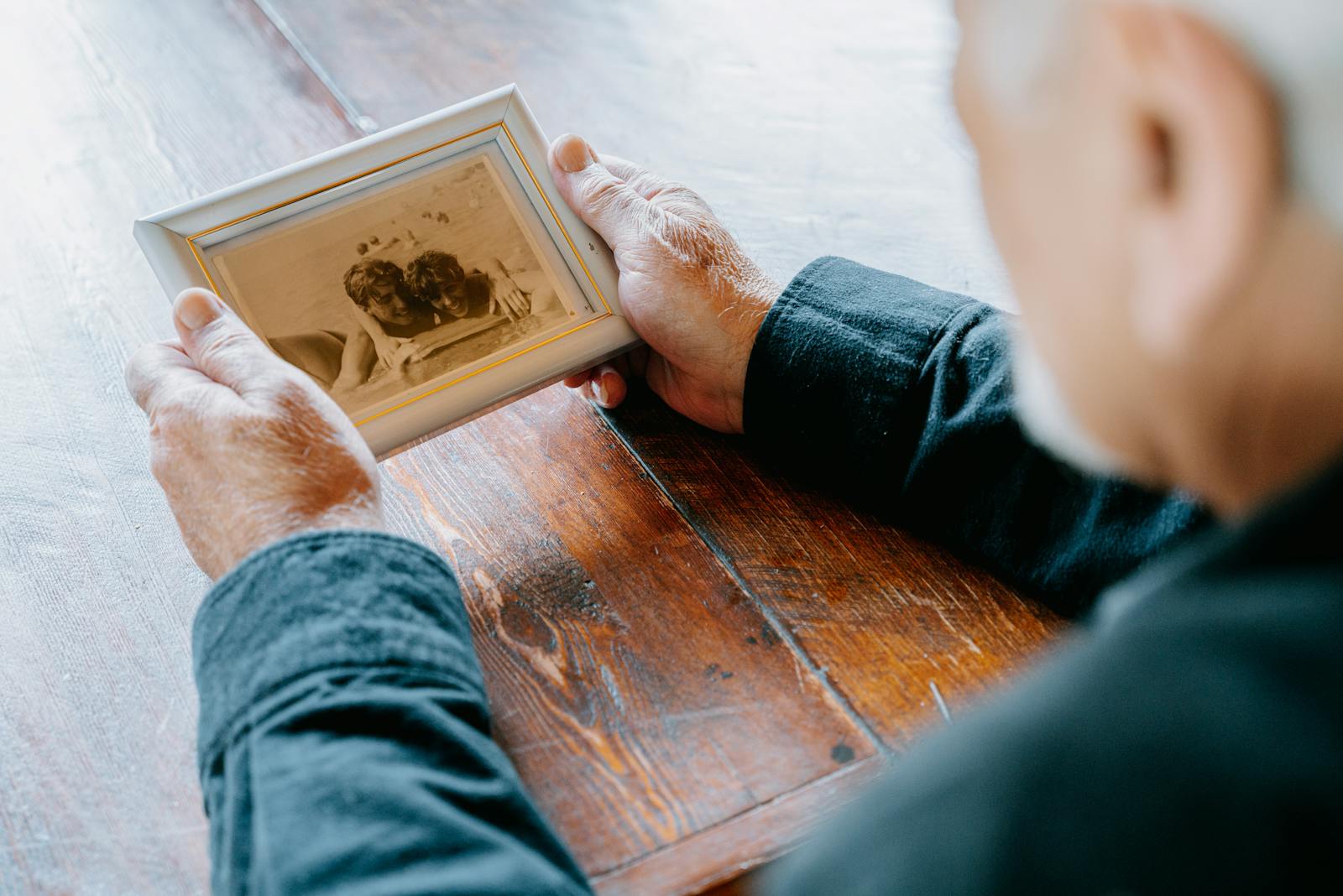
Sugar Ups Dementia – Every Bit Counts
ASTONISHING VIDEO & ARTICLE: Dementia-risk was tested for 17 sugar levels in 2000 people. Each higher level bumped up the risk, without exception. See why researchers found these results so compelling.

ASTONISHING VIDEO & ARTICLE: Dementia-risk was tested for 17 sugar levels in 2000 people. Each higher level bumped up the risk, without exception. See why researchers found these results so compelling.

TEDx HEALTH VIDEO:
Alzheimer’s & brain insulin are so strongly connected, it’s earned Alzheimer’s the nickname, “Type-3 Diabetes.” Watch this eye-opening, entertaining video to understand the connection. Find out what you can do.

SUGAR raises diabetes AND dementia risk. Will research into the hormone “amylin” reveal the reason why?
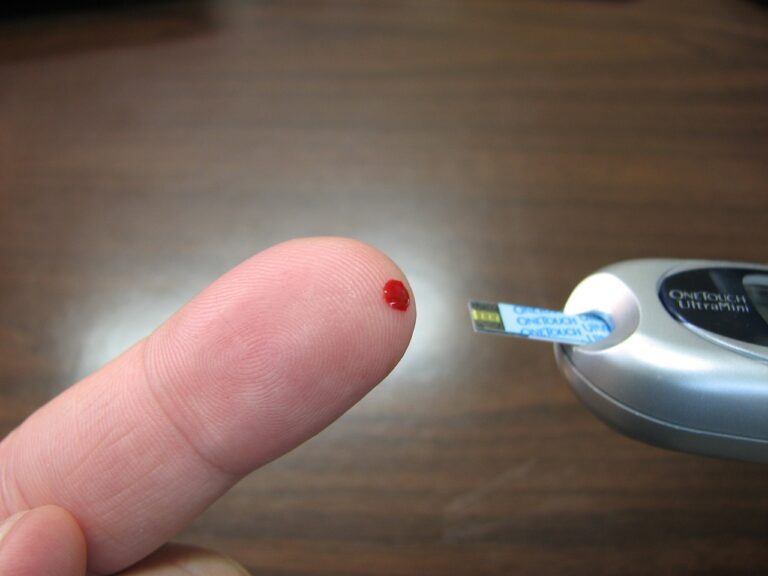
Mayo Clinic, America’s top research center, asked, “Is Alzheimer’s triggered by a form of brain diabetes?” An insulin nasal spray may help.

Drinking to fight dementia? Which drinks are good and which are bad?
Harvard & Cleveland Clinic researchers offer scientific advice.
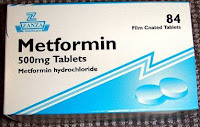
HELPFUL MEDICATIONS:
Diabetes can increase Alzheimer’s risk. Learn how drug treatments for diabetes bring that risk back down.

HEALTH ARTICLE, 25-POINT CHECKLIST: MEND is UCLA’s 25-step personalized program to reverse memory loss. Nine of 10 participants displayed significant memory improvements. Learn how. Includes
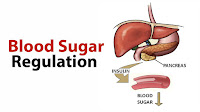
SUGAR’S TIPPING POINT: Molecular links between blood sugar and Alzheimer’s were established by scientists. They show how excess blood sugar damages a vital enzyme involved
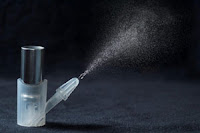
CLINICAL TRIALS: Find out why researchers think spraying nasal insulin through the nose can improve cognition, memory and daily function in people with Alzheimer’s. Learn

Diabetics get a lot more dementia than the average person. Yet diabetics taking FDA-approved Actos get a lot LESS dementia than the average person – 47% less. That’s about half the rate. Find out more.

Researchers in Florida find that robotic pet cats improve mood, behavior and cognition in older adults with mild to moderate dementia. Find out more.
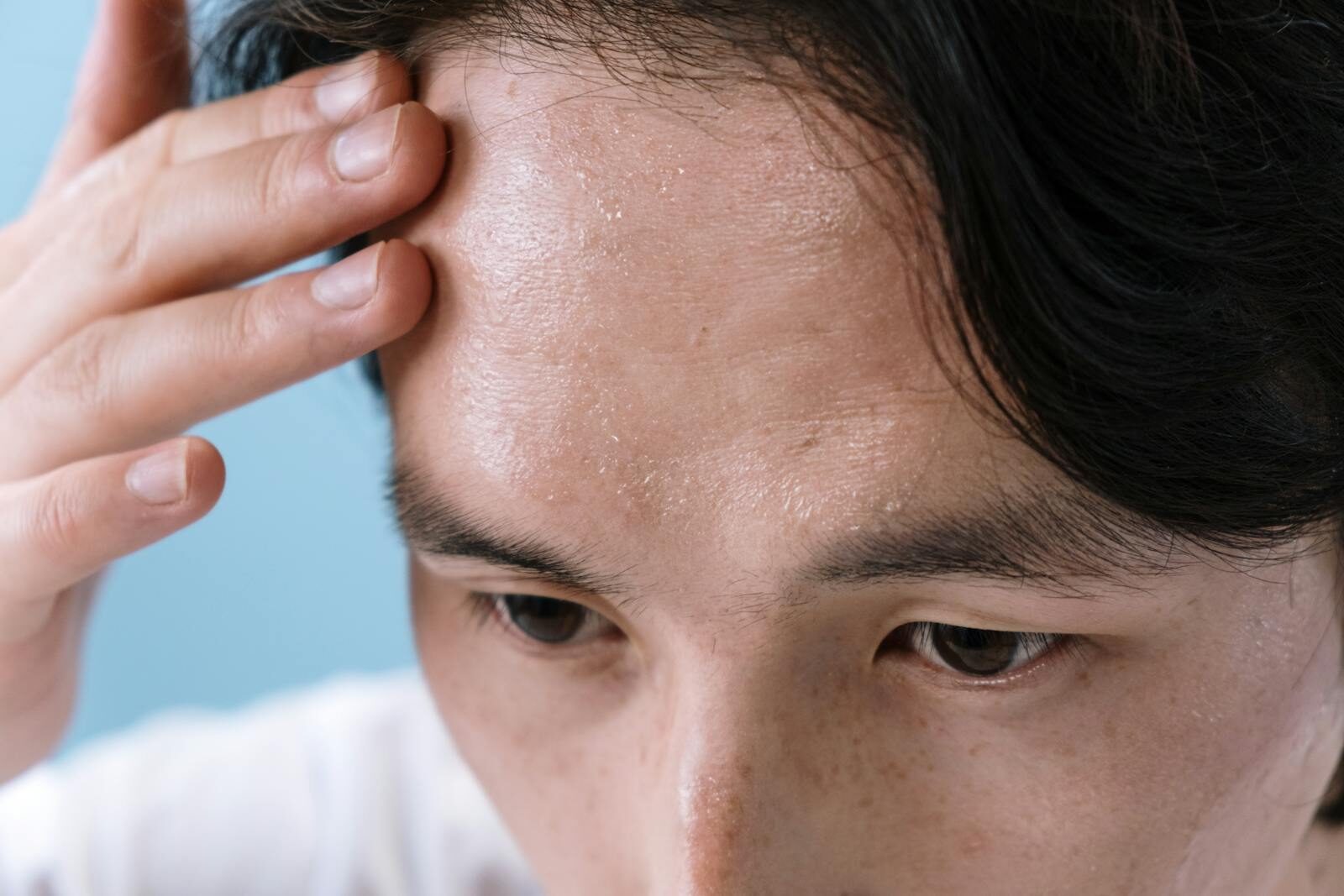
Memory failing? New research shows you may need help, but not for dementia. Memory slips, stress and fatigue are growing in people with healthy memory.

Ketone-rich diets increase the SIRT3 protein that protects neurons from death during the progression of Alzheimer’s disease. But how does it work? Find out more.

Ketone-rich diets increase the SIRT3 protein that protects neurons from death during the progression of Alzheimer’s disease. But how does it work? Find out more.

People worry about becoming forgetful. Is it the first sign of Alzheimer’s or just the passing years? After all, forgetfulness is a normal part of aging. Check out these quick ways to tell the difference.

Researchers found in a study that people who developed dementia were more likely to have their credit rating drop at least two and a half years before the diagnosis. Some had problems managing their money up to six years before. Find out more.

Scientists say restoring a brain protein, not removing amyloid plaques, should be the target of Alzheimer’s dementia therapies. The researchers said treatment might lie in normalizing the levels of a specific brain protein.
No spam, only news and updates.
